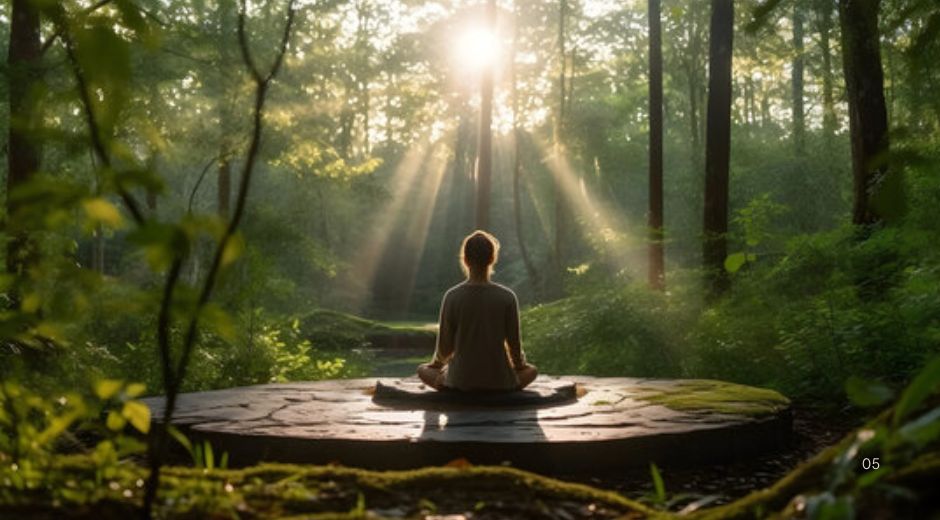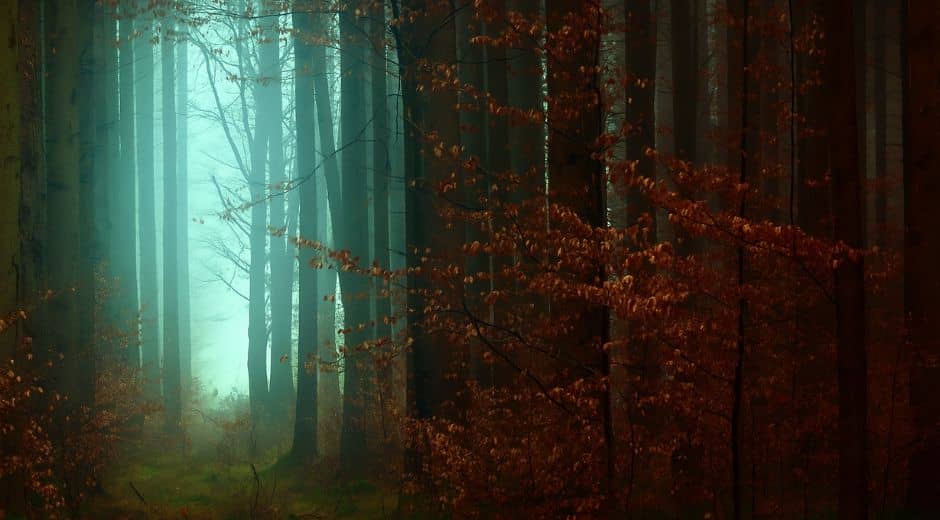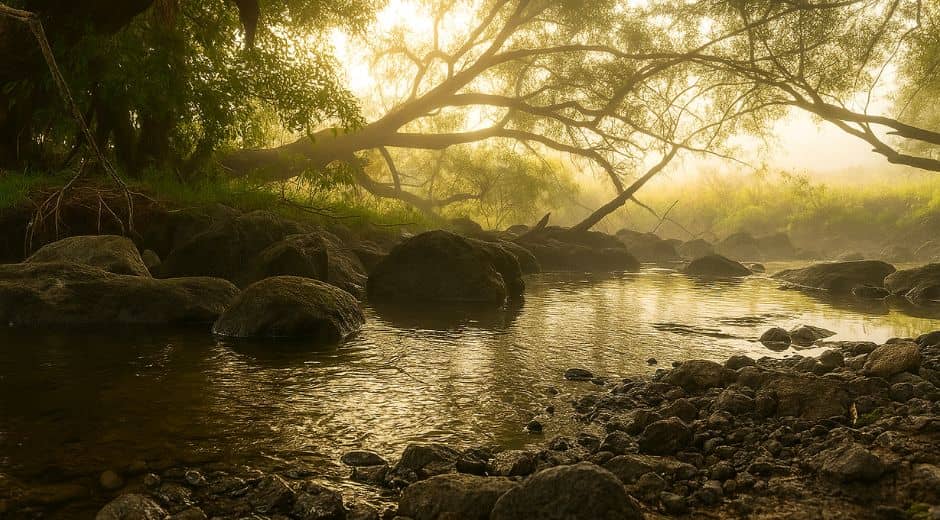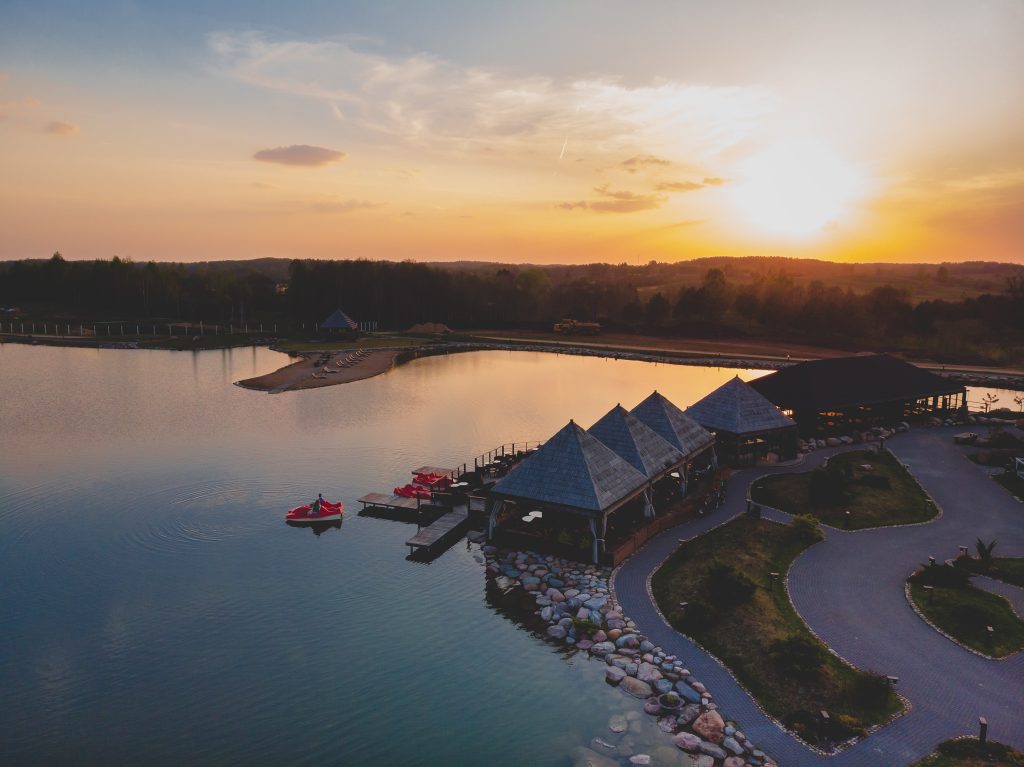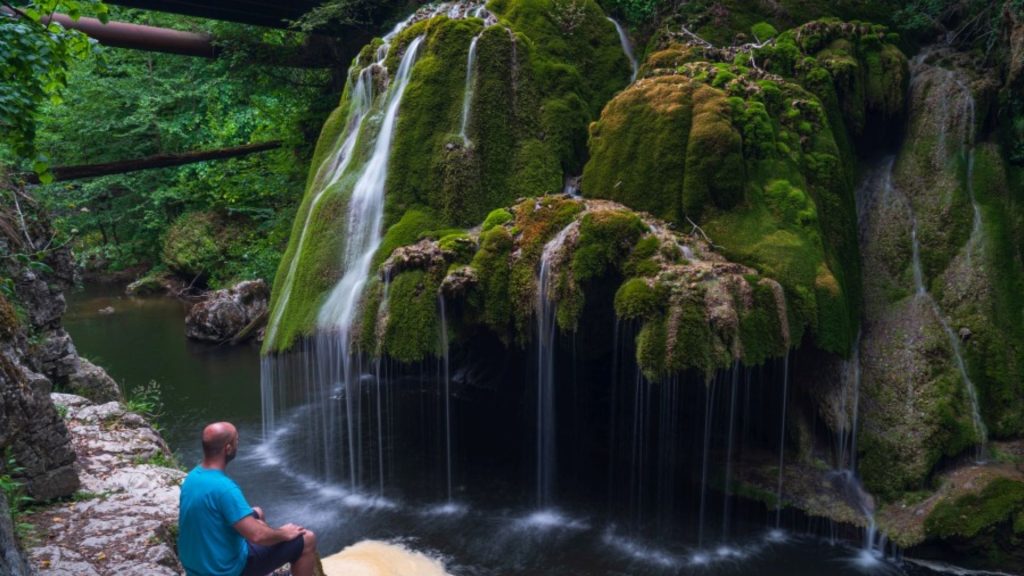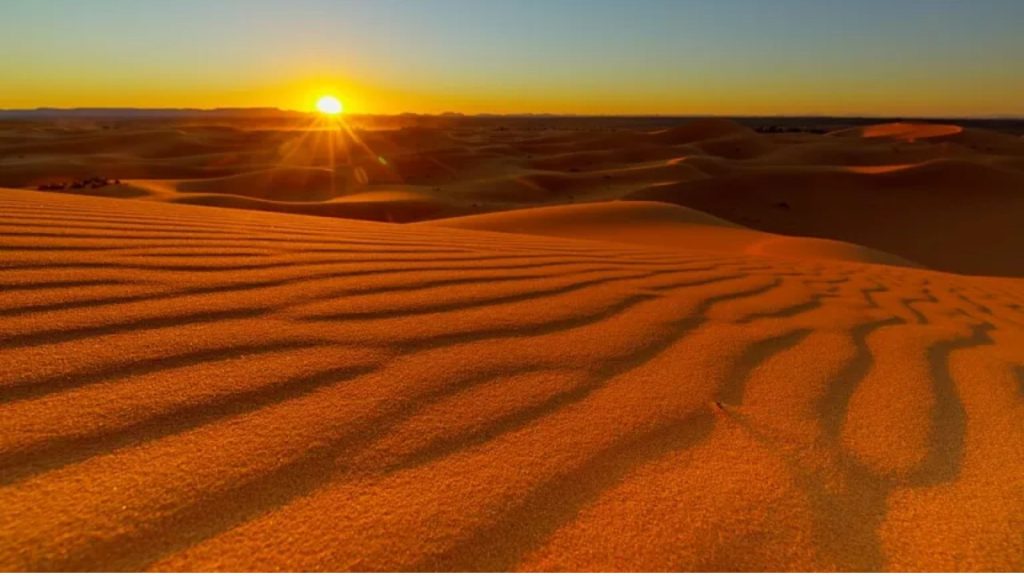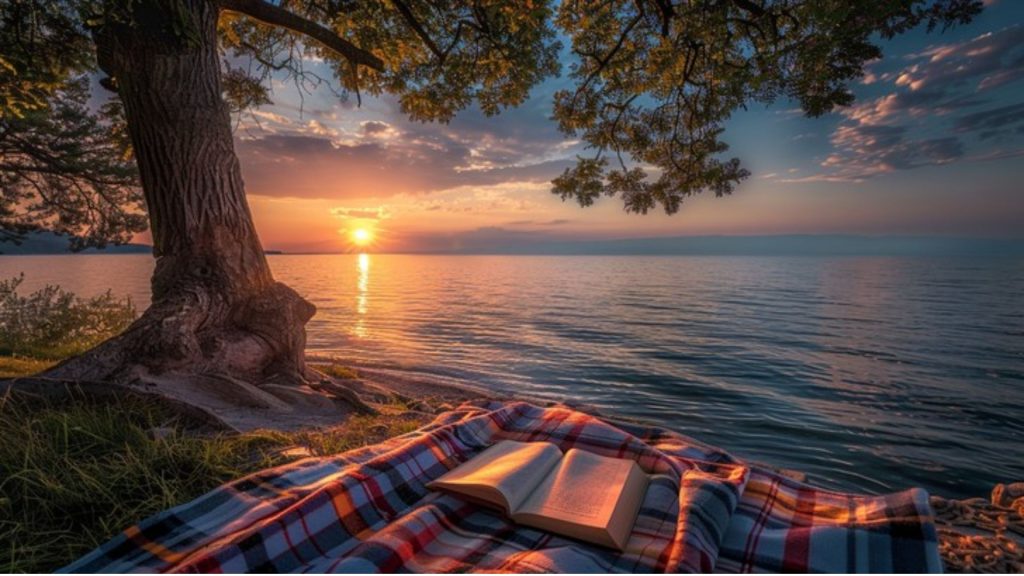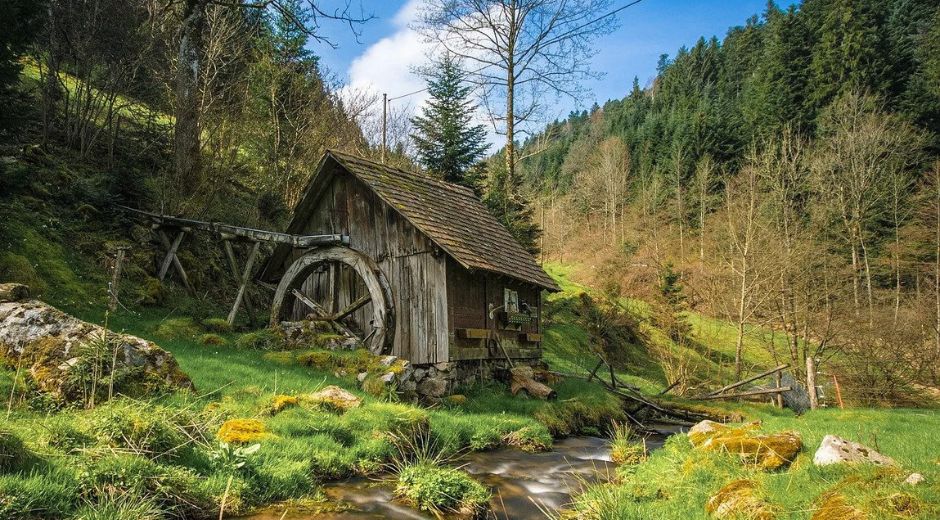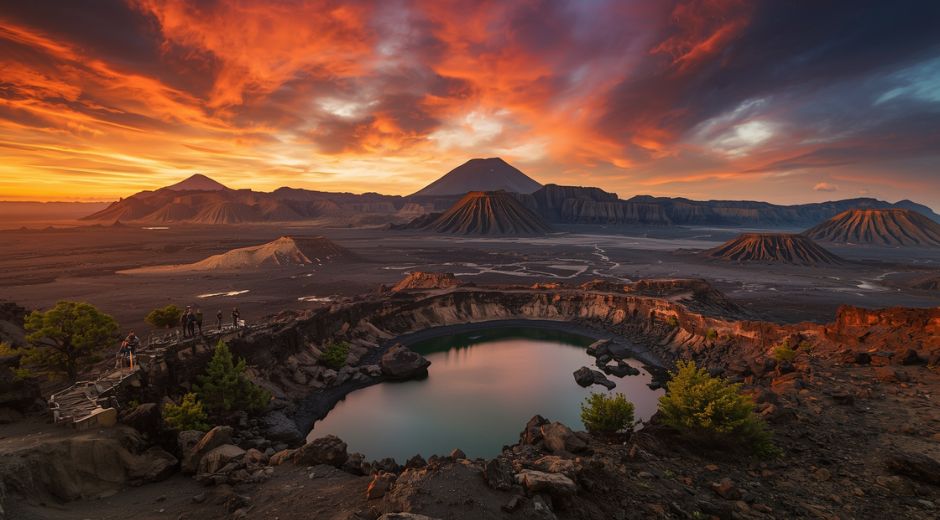Wilderness and the Human Spirit, Finding Balance in Nature
The wilderness has always been a mirror for the human soul. It is a place where silence speaks, where life unfolds without interference, and where every step feels like a journey inward as much as outward. In an age ruled by screens and schedules, reconnecting with nature’s raw spaces is not just refreshing—it’s essential.
The Meaning of Wilderness
Wilderness represents the untamed heart of the planet. It’s more than landscapes of forests, deserts, or oceans—it’s life in its most honest form. It reminds us that we are part of something vast and interconnected, something that thrives without human control.
When people step into the wild, they rediscover their origins. The smell of pine, the rhythm of waves, and the sound of distant thunder awaken a deep memory of belonging. Wilderness strips away noise and routine, leaving only the essentials: breath, movement, and awareness.
The Psychological Power of the Wild
Studies show that spending time in the wilderness lowers stress, improves focus, and enhances creativity. Nature therapy programs use wild environments to treat anxiety, depression, and burnout. Unlike urban parks, true wilderness challenges comfort zones—it demands attention, adaptability, and respect.
In solitude, people find clarity. The quiet of the forest or the openness of the desert helps silence mental clutter. Many describe a feeling of humility and gratitude after just a few days away from civilization. This emotional reset strengthens not only mental health but also the sense of connection to life itself.
Wilderness as a Teacher
Nature doesn’t lecture—it demonstrates. The wilderness teaches patience through the slow growth of trees, cooperation through the symphony of ecosystems, and resilience through every storm survived.
When we observe how animals adapt to seasons or how rivers carve mountains over centuries, we’re reminded that persistence matters more than speed. These lessons influence not only how we treat nature but how we approach life’s challenges.
For this reason, wilderness experiences are becoming part of modern education. Schools and universities around the world include outdoor programs to teach environmental awareness, leadership, and teamwork through direct experience.
Exploring with Respect
True exploration of the wild means participating, not conquering. Each hiker, camper, or traveler carries a responsibility to protect what they discover. Leaving no trace, respecting wildlife, and minimizing waste are not just rules—they are acts of gratitude.
The wilderness gives freely: peace, beauty, inspiration. The least we can do is tread lightly. When we preserve its purity, we ensure that future generations can experience the same sense of awe and connection.
The Role of Wilderness in Conservation
Conservation begins with appreciation. The more people experience wild spaces, the more they understand their importance. National parks, marine sanctuaries, and protected reserves exist because humans once stood before untouched landscapes and decided they were worth saving.
Organizations like WWF and countless local initiatives work tirelessly to preserve these regions. Wilderness areas aren’t just habitats—they are living libraries of biodiversity and natural balance. Protecting them safeguards clean air, water, and climate stability.
At Zoopora, we explore how connecting emotionally to wild places motivates people to take action. Articles, stories, and photos help readers feel the urgency of conservation through the lens of wonder.
If you’d like to find global expeditions or eco-projects dedicated to wilderness preservation, FocusMindFlow, where my team updates new links daily.
Wilderness and Creativity
Artists, writers, and thinkers have long drawn inspiration from wild places. Thoreau, Muir, and countless explorers wrote about nature not as scenery but as truth. The wilderness awakens imagination because it is unpredictable—it surprises, humbles, and sparks ideas that no city could ever offer.
Even today, creatives retreat into the wild to find perspective. The rustle of leaves, the play of light on water, the changing sky—all remind us that beauty exists beyond perfection. Wilderness embraces imperfection and turns it into art.
The Modern Disconnect
As technology advances, the gap between humans and the natural world grows. Many people spend most of their lives indoors, surrounded by screens, forgetting the rhythm of daylight and the sound of wind. This disconnection fuels stress, loneliness, and even physical fatigue.
Reintroducing wilderness into our lives—through hiking, camping, or even short forest walks—restores balance. It reminds us that we are not just observers of nature but participants in it. Living with awareness of the wild renews both body and spirit.
The Healing Journey
Every wilderness journey is also a form of healing. People find answers in solitude, peace in simplicity, and courage in facing the elements. The wild strips away what is unnecessary and reveals what is real.
Whether it’s sitting beside a quiet river or climbing a rugged mountain trail, the experience reconnects us with the essence of being alive. Many describe wilderness as a kind of meditation—a moment when thoughts fade and only presence remains.
The Global Importance of Wild Spaces
Beyond personal growth, wilderness areas play a vital global role. They store carbon, regulate weather, and protect endangered species. Losing them means losing stability for the entire planet. Forests, wetlands, and deserts act as the Earth’s immune system, absorbing the damage caused by industrial activity.
Preserving these areas is not just environmental—it’s existential. Without wilderness, humanity loses not only its lungs and water but also its spiritual roots.
Conclusion
The wilderness reminds us who we are. It grounds us, heals us, and teaches us the value of humility. In its silence, we rediscover meaning; in its vastness, we remember connection.
Each journey into the wild is a return—to balance, to gratitude, to truth. The wilderness doesn’t ask us to escape the world, only to see it more clearly. When we step into its embrace, we don’t lose ourselves, we find ourselves again.
Wildlife Behavior Curiosity
Camouflage in Nature, How Animals Disappear in Plain Sight
Camouflage in Nature, How Animals Disappear in Plain Sight
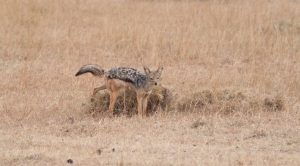
Territory and Animal Behavior, How Species Claim Their Space
Explore how animals establish and defend territory, why space matters for survival, and how territorial behavior shapes ecosystems.
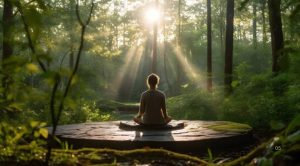
Wilderness and the Human Spirit, Finding Balance in Nature
Explore how the wilderness awakens creativity, calm, and self-discovery, guiding people back to balance in an increasingly digital world.
